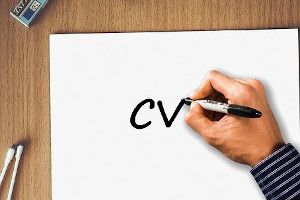Preparing for work abroad
If you are planning to work in another EU country, you will need to present your skills and qualifications to an employer or recruiter in a way they understand. Here is a check-list of tips and information to help prepare for work abroad.
Check your NQF
Know the level of your qualification on the National Qualifications Framework (NQF)in your country. Many countries have an NQF which maps out the different types of qualifications in the national education system to help people understand your qualification.
You can also check the level of your qualification on the European Qualifications Framework (EQF). The EQF helps to compare qualifications systems in Europe. Most European countries have mapped their national qualifications with the EQF. You can include information on your NQF and EQF levels in your CV and application documents. Your education institution might be able to provide you with information on your qualifications.


Check if your profession or job is regulated
Some professions (such as doctors, lawyers, architects) are regulated in many countries.
This means that there are specific criteria to work in these jobs in that specific country. Check the regulated professions database to see if your profession is in this list.
You need to fulfil specific criteria to apply for these jobs and may need to pass examinations. If your profession is regulated and you need to apply for the recognition of your professional qualifications you can:
- Apply for recognition using the European Professional Card (EPC)
- Contact the national contact points for professional qualifications in the country where you want to work for more information.
Get your qualifications recognised
Contact the ENIC-NARIC centre in the country where you want to work. ENIC-NARIC centres offer evaluations and advice on the recognition of foreign qualifications, which can help you explain your qualifications to employers and recruiters.

Get all your documents in order
Make sure you have easy access to your diplomas, transcripts and other documents to share with employers or services in the country you want to work in. You may also need to organise translations of your documents.
You can store all your digital documents in Your Europass library.
- If you have a higher education qualification, you can request a Diploma Supplement from the institution where you studied, which includes helpful information on your qualification to help you explain what you have learned.
- If you have a vocational qualification, you can get a Europass Certificate Supplement, which offers helpful information on your vocational qualification to help you explain what you have learned.




 Facebook
Facebook
 Twitter
Twitter
 Linkedin
Linkedin